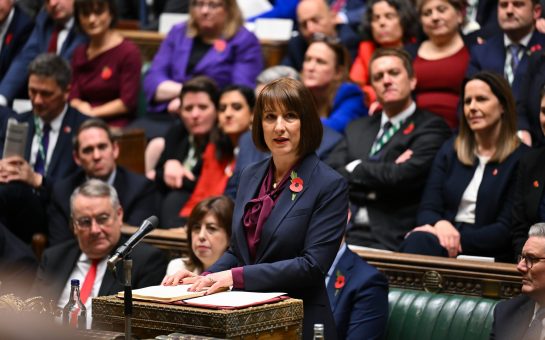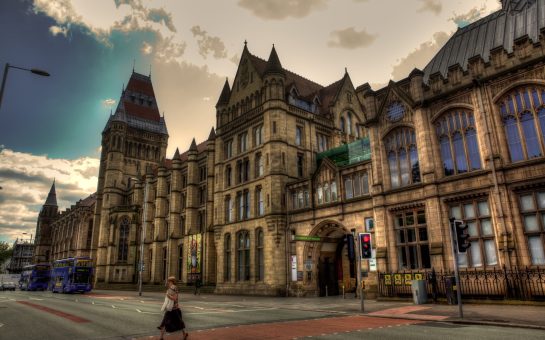Students, residents and the public will take to the streets on Wednesday 29 November to campaign against sexual harassment and gender-based violence.
The annual Reclaim the Night march is led by University of Manchester students and begins at 6:30pm at the student union on Oxford Road.
Organisers hope to ensure safety and autonomy for all women and marginalised genders through a series of events leading up to Wednesday’s march.
Mancunian Matters spoke to Aisha Akram, Wellbeing and Liberation Officer for the University of Manchester’s Student Union about the campaign.
Has there been a higher demand for activities around the march – why do you think this is?
“As the Student’s Union, we cannot directly donate to our chosen charities so we host events surrounding Reclaim in order to raise money for the charities that we are supporting. Specifically this year, Southall Black Sisters and the LGBT Foundation. There was high demand for more daytime activities, so people who may not be able to attend the march can still support the messages of Reclaim The Night.”
Have you seen an increase in students coming to you for support for themselves around their own safety this year?
“As a University and Union, we do have a lot more people accessing support services for their own safety reasons. We have an Advice and Response team at the University that respond to instances of gender based violence, sexual violence, hate crime etc, and at the Union we have regular drop-ins from Trafford Rape Crisis and LGBT Foundation. The drop-in is an opportunity for students to reach out for support from specialised services.”
What role can the media play in shining a light on women’s safety in Manchester?
“The media is incredibly important. They could be highlighting the issues that women and marginalised genders face when they have to go out. The culture of having to call your friends before you get home, holding your keys in between your fingers, not being able to go for walks or runs after a certain hour and having to be pleasant to catcallers to avoid further violence are all things that women and marginalised genders face on a regular basis.
“A lot of the time, we consider safety as only for women but marginalised genders like our trans and non-binary community face violence and abuse when walking the streets, so I feel like including trans people within the conversation and within narrative concerned with nighttime safety is extremely beneficial. Safety guidance using the Good Night Out Guide and more exposure for the government’s Is This OK campaign would be amazing for Manchester.”
Have you seen an increase in students taking part in the march in recent years?
“Yes, especially after multiple high profile cases like Sarah Everard and Sabina Neesa in the news. One thing we tried to do this year is increase the amount of people attending through other Student Unions and local organisations.
“We are hoping that the turnout will put more pressure on the government to make changes in the area of gender based violence.”
Featured image: imperioame




